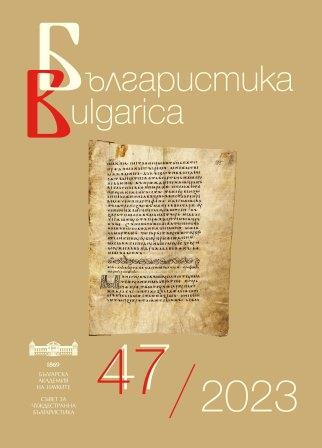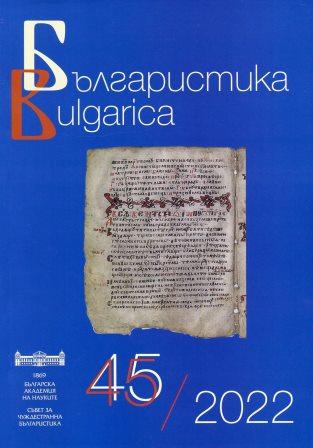
We kindly inform you that, as long as the subject affiliation of our 300.000+ articles is in progress, you might get unsufficient or no results on your third level or second level search. In this case, please broaden your search criteria.

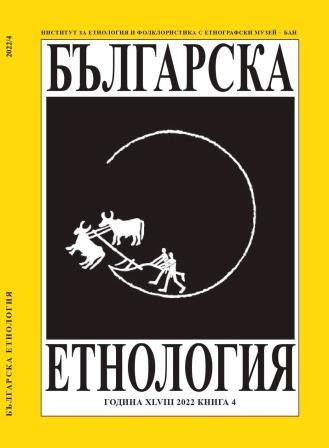
The text attempts to analyze a group of smooth-woven rugs from the collection of the NationalEthnographic Museum. Originating from North-Eastern Bulgaria, probably made by Turkish immigrants, these products are in contrast with the development of carpet making in our country. Dedicated to the smaller carpets, foreign publications and catalogues also mention the environment or place of use. Bulgarian researchers rarely emphasize this question from the topic. After a systematic description of the examples in the National Ethnographic Museum, two hypotheses have been proposed regarding the purpose – a pillow cover or a prayer mat. The analysis takes into account the conceptual, territorial and time frames. The assessment of reference points takes into consideration the aspects of creed, design and manufacture.
More...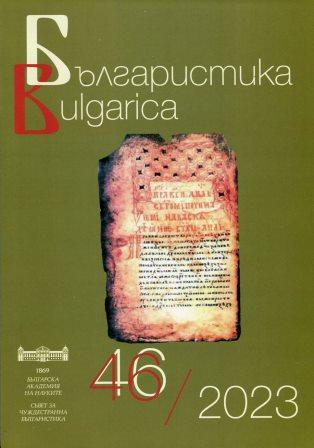




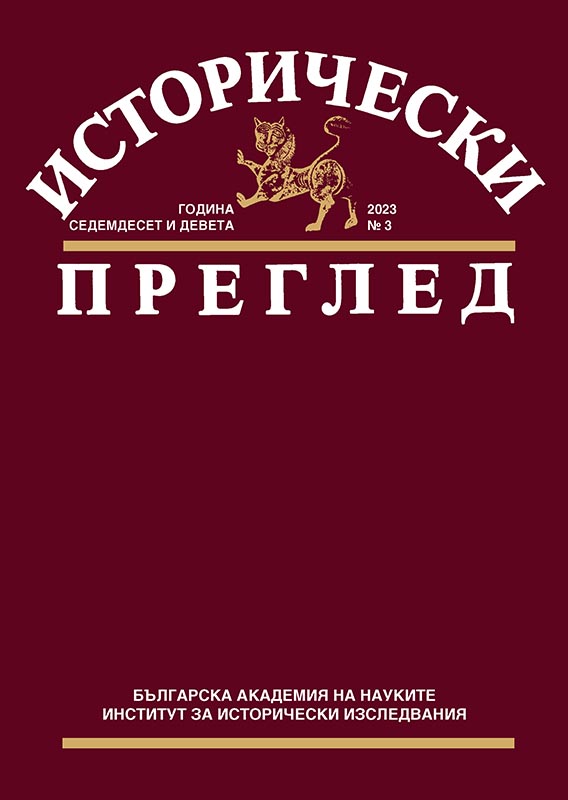
The article examines the activity of the Bulgarian Youth Union “Father Paisiy” (BMSOP), its goals and ideology, as well as its role and place in the political life of Bulgaria in the 1940s, based on documents of the union from the period 1942–1943 – a relatively calm and successful period of development of BMSOP. The selected sources reveal the attitude of the organization to the personality and work of Tsar Boris III and to the Jewish question (and disavowal of Metropolitan Stefan of Sofia). They contain rich information about the BMSOP’s idea of organizing and conducting national propaganda, as well as about the organization’s actions in infiltrating the existing organizational structures in the country, its work in schools.
More...
Letter to Secretary of State Blinken by the Working Group for Bosnia and Herzegovina
More...
Letter to Secretary of State Blinken by the Working Group for Bosnia and Herzegovina
More...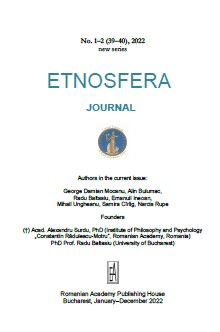
The document presented below in extenso belongs to the academician Elie Carafoli and was presented by him at the solemn meeting of the Romanian Academy dedicated to his 70th birthday. The text is, as we will see, an impressive testimony dedicated to his Aromanian ancestry, recording in a subjective linear course, many of the challenges that the Romanians from the South of the Danube had to go through, especially from the middle of the 19th century.
More...
Neoliberalism influences are evident in the editorial practices of many high-ranking scholarly journals. Given the importance that journals have in tenured/tenured-track academics’ careers, they are an important arena to analyse and in which to implement best practices. I argue that Shari Stenberg’s (2015) concept of feminist repurposing can be used to make visible the impacts of neoliberal practices and also helps to disrupt them by enacting different alternatives in the university system, of which scholarly journals are a part. In order to illustrate what a feminist ethics of editing would look like, I analyse the feminist-inspired practices of Computers and Composition’s editorial staff. Drawing on published interviews and survey I administered, I show how feminist repurposing editorial roles from gatekeeper to colleague and mentor have beneficial impacts on the scholarship produced.
More...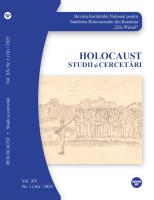
Hoping to obtain large amounts of hard currency from West Germany, with which they had just resumed diplomatic relations, the Romanian authorities launched a large-scale campaign in 1970 to collect 155,000 applications for compensation from victims of the persecution endured in the course of World War II. Although the West-Germans agreed to receive the documents, they refused to enter into negotiations. They invoked various arguments, including the fact that much of the persecution could actually be attributed to the Romanian State itself. The collection remained in Germany and is currently held by ITS Bad Arolsen, without yet receiving the attention it deserves.
More...